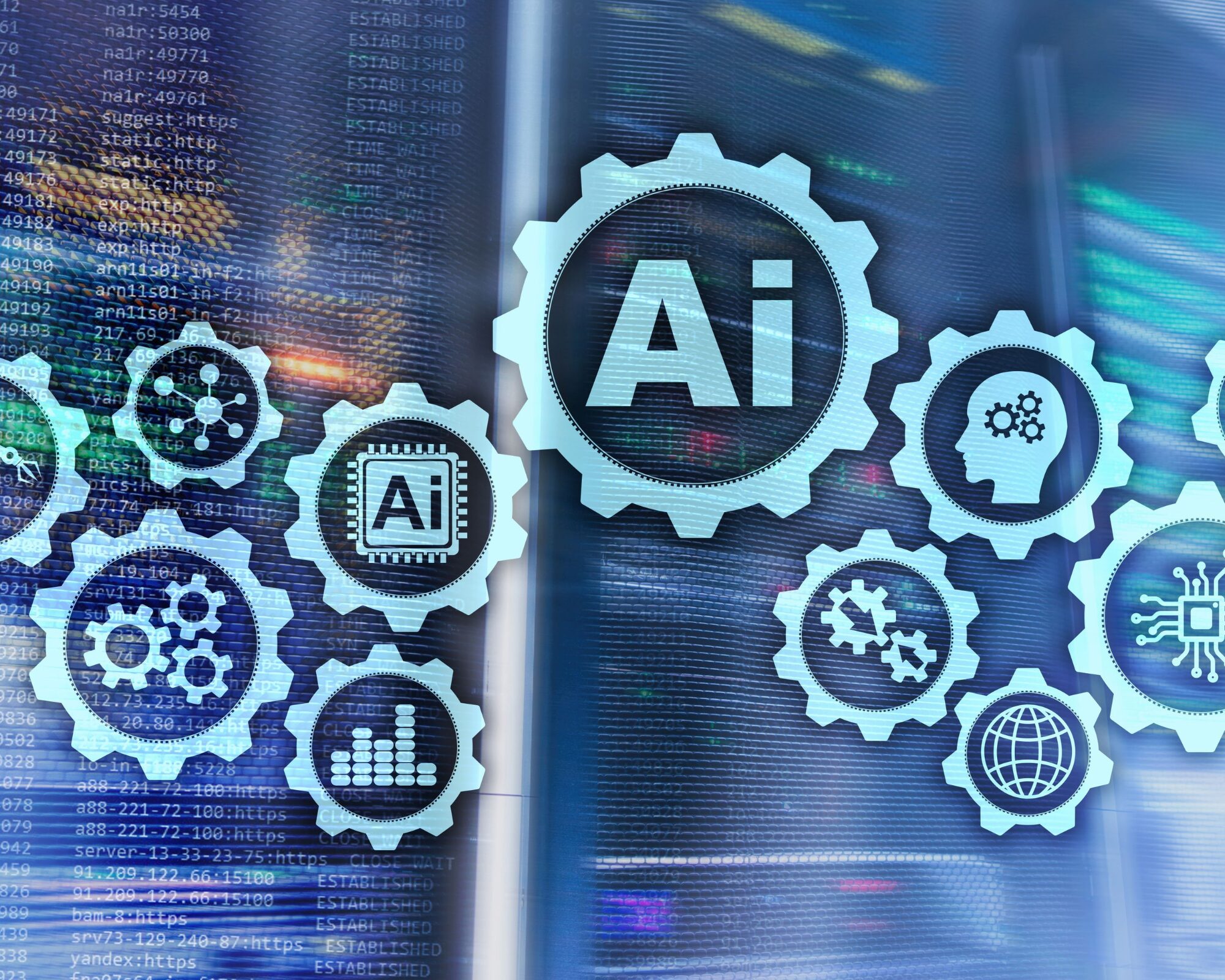Artificial Intelligence (AI) is transforming various sectors, including medicine. Its integration into healthcare aims to enhance diagnostic accuracy, streamline operations, and improve patient outcomes. This article explores the applications and potential benefits of AI in medicine, as well as the challenges it faces.
AI algorithms, especially those based on machine learning, have shown remarkable proficiency in interpreting medical data. For instance, AI can analyse radiographic images with precision, detecting early signs of diseases that might be missed by human eyes, such as cancer.
AI’s capability for early disease detection is crucial. In oncology, AI can identify malignant cells at an early stage, facilitating timely intervention. In cardiology, AI can predict heart attacks by analysing ECG data.
AI can create personalised treatment plans by analysing genetic information, lifestyle data, and medical history, thus maximising efficacy and minimising side effects.
Robotic surgery, powered by AI, has revolutionised surgical procedures. Systems like the Da Vinci Surgical System enable surgeons to perform complex operations with enhanced precision and control.
AI-driven robotic systems excel at minimally invasive surgeries, reducing recovery times and complications. For example, neurosurgery benefits from AI-powered robots that can navigate the brain’s intricate structures with precision.
AI enhances surgical training through VR simulators that replicate real-life scenarios, providing feedback and performance metrics to improve skills.
AI extends to patient management, with AI-powered chatbots and virtual assistants handling administrative tasks, thus allowing healthcare professionals to focus on patient care.
AI facilitates remote monitoring via wearable devices that track vital signs, providing continuous data for timely interventions, especially for chronic conditions.
Predictive analytics helps healthcare providers anticipate patient needs and allocate resources efficiently by analysing historical data.
Despite its advantages, AI in medicine poses challenges like data privacy, bias in algorithms, and regulatory issues. Ensuring the confidentiality and integrity of patient data is crucial.
AI’s use in healthcare must be managed to avoid negligence, such as misdiagnosis due to incorrect data, software errors, over-reliance on AI, and data privacy violations. How can we ensure data reliability and protect patient privacy?
The future of AI in medicine is promising, with advancements expected in precision medicine, preventive healthcare, integration with IoT, and contributions to global health. How will these advancements impact cost and accessibility?
As AI continues to integrate into healthcare, what will happen to the jobs of doctors, nurses, and other medical professionals? Will AI replace human roles, or will it create new opportunities and augment existing ones? How can the healthcare workforce prepare for this transition and ensure that human expertise remains invaluable?
AI holds immense potential to transform healthcare, but addressing ethical, regulatory, and technical issues is essential to fully harness its power.
